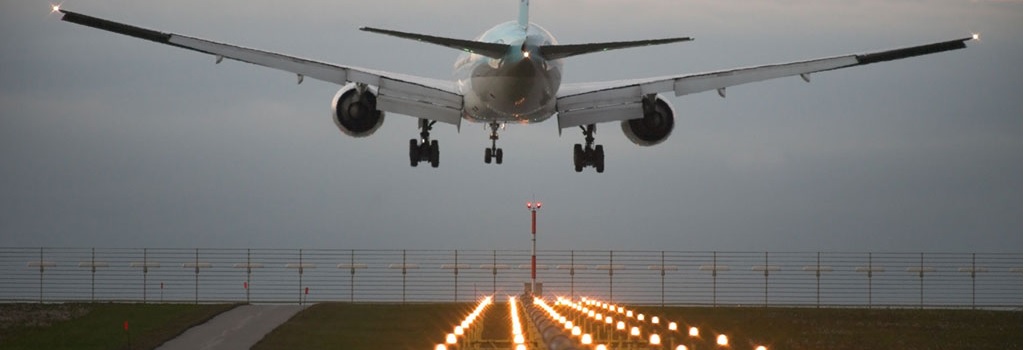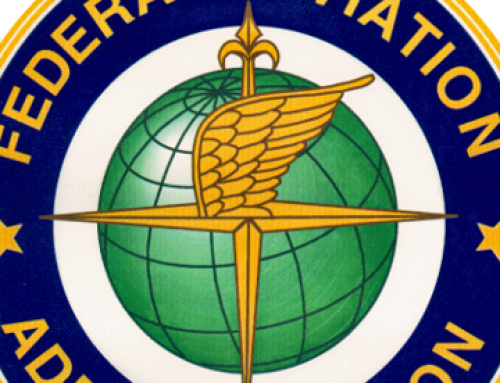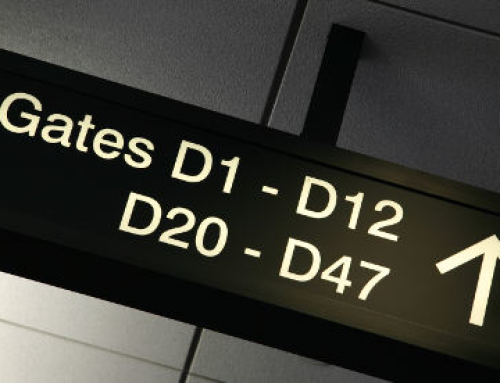
It is impossible to have seen the news over the last few days and not questioned the safety of aviation. Unfortunately, serious plane crashes are shocking events that often result in a high numbers of fatalities. Our thoughts go out to all of those affected around the world.
As a company whose core focus is aviation safety, our experts have been inundated with the questions and concerns of friends and family who are now more afraid than ever to fly. Our answer? Even though the last few months has undeniably been bad, flying is still one of the safest ways you can travel.
For many, this is counter intuitive when every news outlet is carrying terrible images and journalists are pawing at grieving relatives to add additional shock value to already shocking news. But it is important at times like this to strip away the media circus and establish some context.
There are more than 100,000 commercial flights globally per day. This number more than doubles if you add to this cargo flights and charter flights. Unfortunately no technology is perfect, but the chances of being involved in a fatal air traffic incident when flying with a reputable airline are in the region of 1 in 45,000,000. Anecdotally, a professor of statistics from M.I.T stated in 2012 that “flying has become so reliable that a traveler could fly every day for an average of 123,000 years before being in a fatal crash”
Another important thing to remember when building up context is that not all accidents are in fact fatal. Today’s aircraft are fitted with a huge array of safety features and pilots are trained to get their aircraft back on the ground safely if anything seems untoward. Because of this, the NTSB estimate that 95.7% of incidents occur without any loss of life [2].
This doesn’t mean that it doesn’t happen – but the thing about probabilities is that even though events are extremely rare, there are some 7 billion people on earth. You are statistically more likely to be struck by lightning (1 in 300,000) or to dying from a snake bite (1 in 3,000,000) than to be involved in a plane crash [3]. But these kinds of incidents tend to occur in isolation and are rarely receive high profile media coverage so they are perceived to almost never occur.
So how does aviation compare to other forms of transport we take for granted? Well the figure below pretty much says all you need to know.

source: www.qz.com






